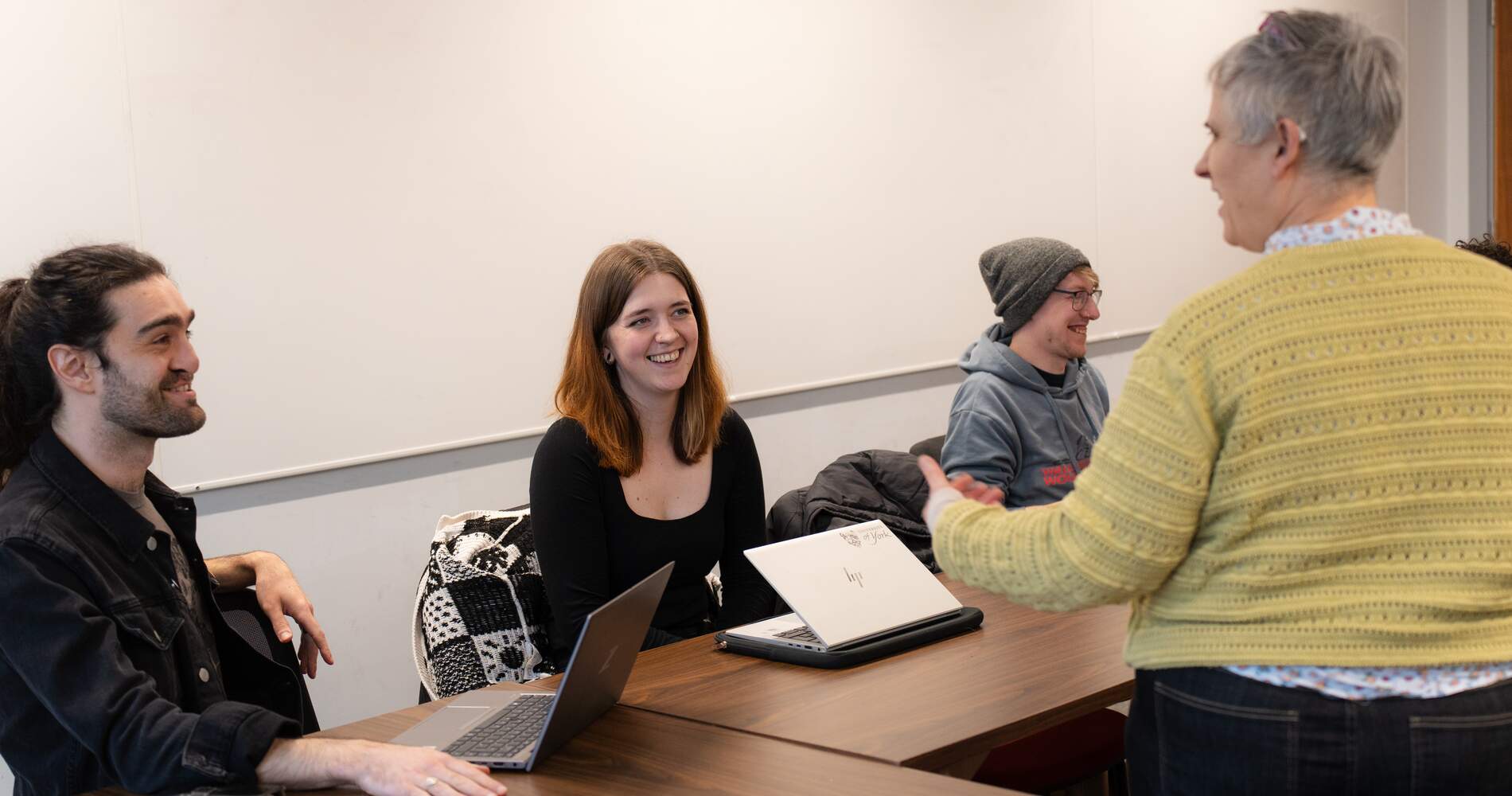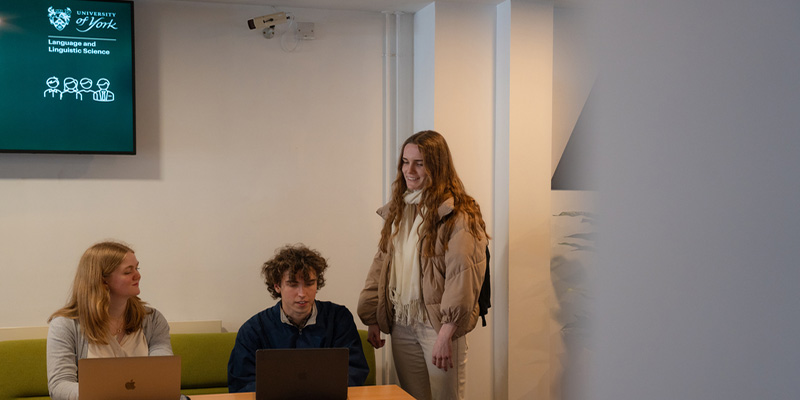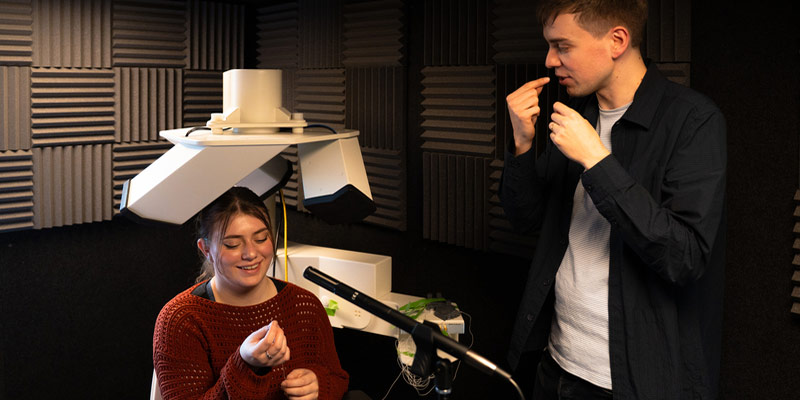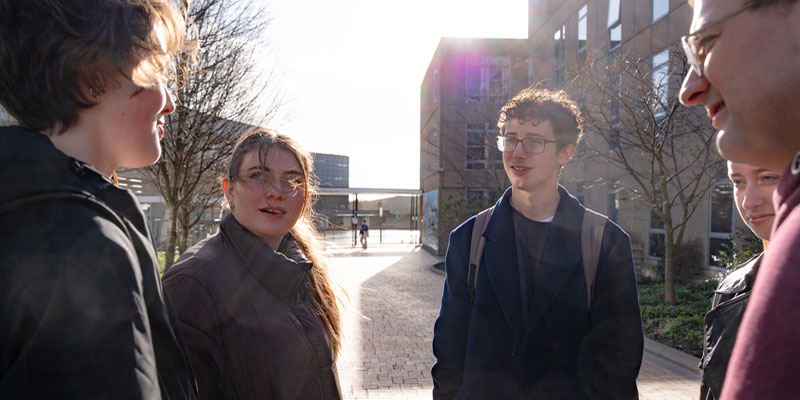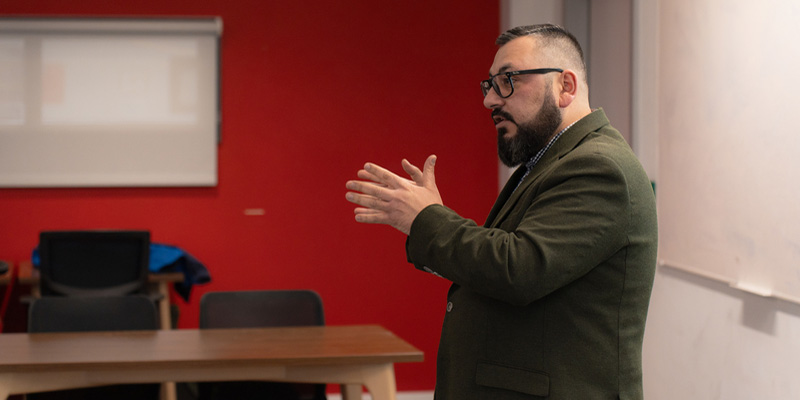| Length | Start dates (semester dates) | |
|---|---|---|
| PhD |
3 years full-time |
September, January |
Conduct a highly data-driven research project into the communicative structures of everyday life. You'll join our stimulating interdisciplinary research community.
Your research
This course is an interdisciplinary PhD run in collaboration with the Department of Language and Linguistic Science and Department of Sociology, as well as others where appropriate. You'll work with two supervisors. Each will be from a different department, depending on your research interests. Our research areas include, but are not limited to:
- conversation analysis and interactional linguistics
- language and social interaction in institutional settings
- new methodologies in multimodal interaction studies
- interaction with and through technologies
- cross-linguistic differences in languages and communication.
The culmination of your PhD will include a dissertation and a viva voce exam. Your dissertation may be in monograph format of 60-80,000 words in length, or by articles, where you will produce at least three works of publishable quality. Your work will be assessed by internal and external examiners during a viva voce examination, who will feed back on your work, and may require corrections.

